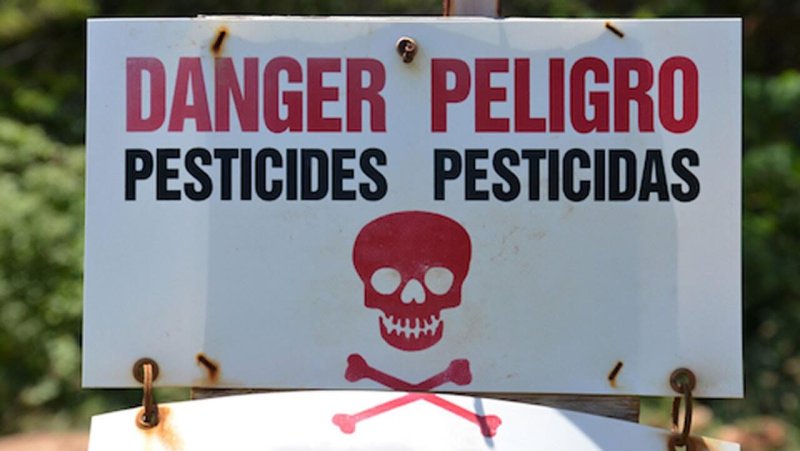Though most scientists agree we’re still a long way off from doing it clinically, it’s a promising technology that has the potential to replace traditional in vitro fertilization to treat infertility.
…
[A] potential benefit with IVG is that there is no need for a woman to receive high doses of fertility drugs to retrieve her eggs, as with traditional IVF.In addition, same-sex couples would be able to have biological children, and people who lost their gametes through cancer treatments…would have a chance at having biological children.
…
There are growing calls among researchers for regulators to revisit the “14-day rule,” an international agreement…that says an embryo can’t be maintained in culture longer than two weeks…Some see the rule as essentially a moral compromise between researchers and those who believe that destroying embryos is murder.
…
We may be more likely to see the first human IVG experiments performed in Asia, because laws are generally less restrictive there, according to George Daley, [a professor of Pediatrics at Harvard Medical School].
The GLP aggregated and excerpted this blog/article to reflect the diversity of news, opinion, and analysis. Read full, original post: Could we one day make babies from only skin cells?































